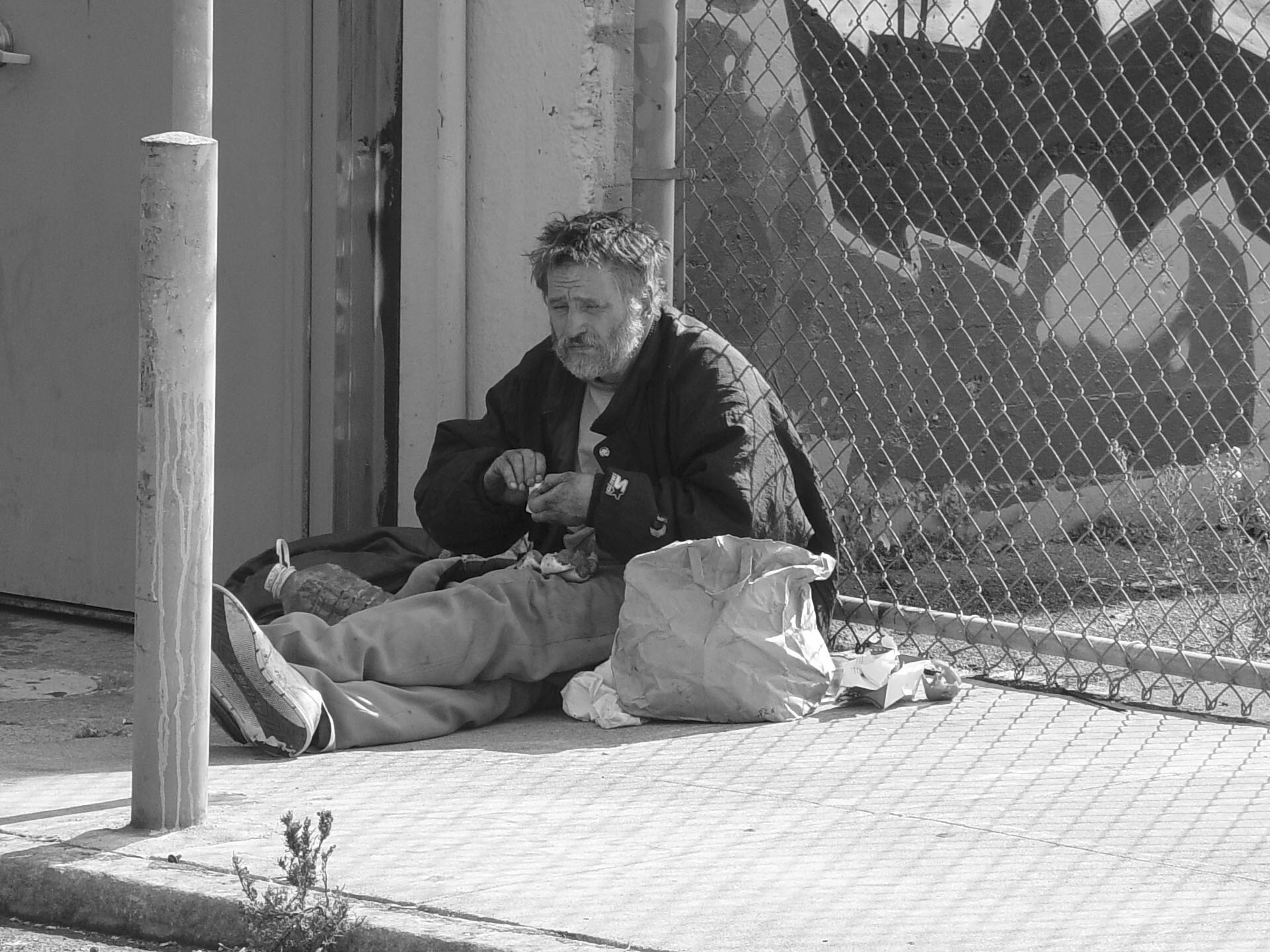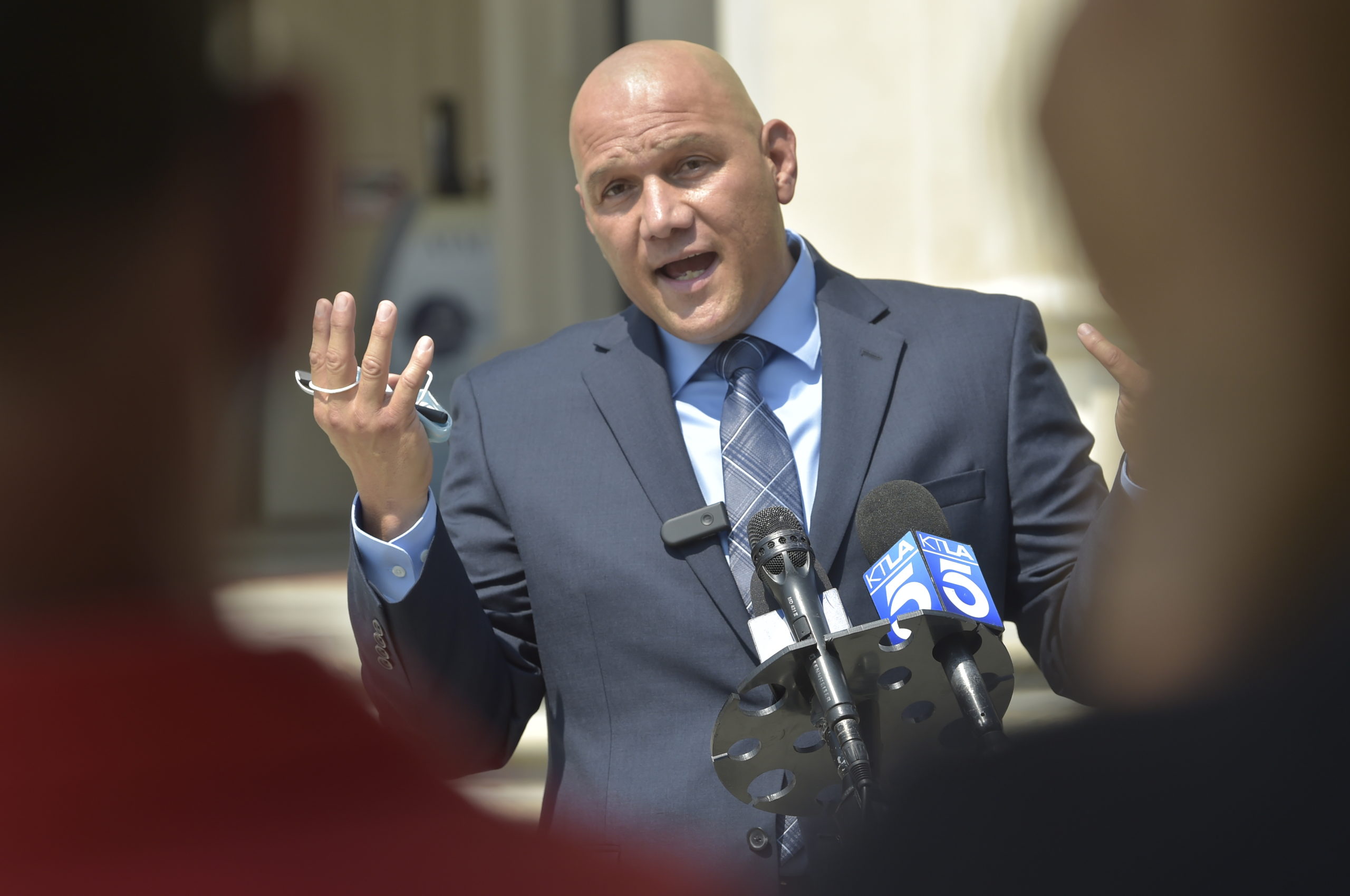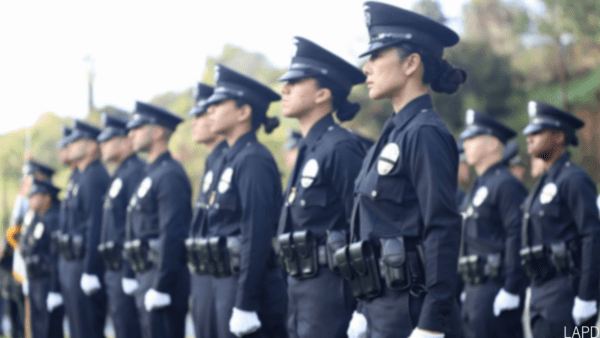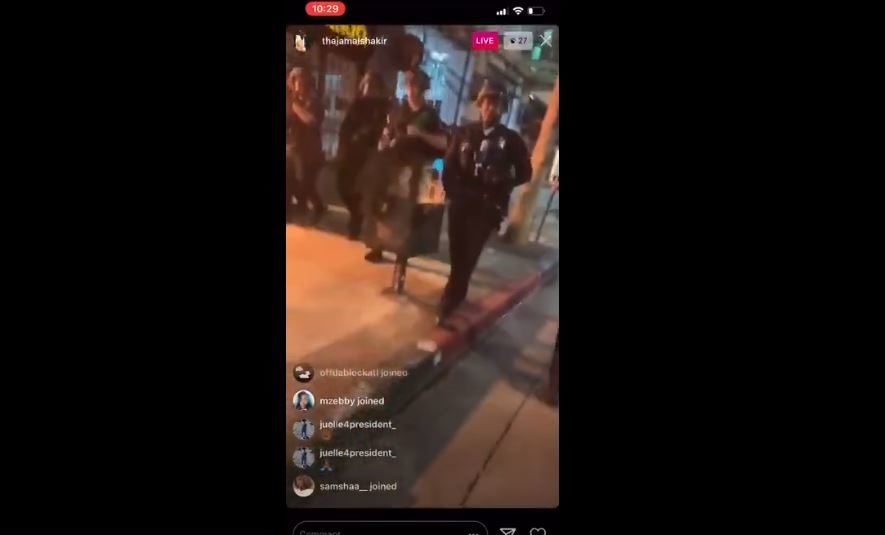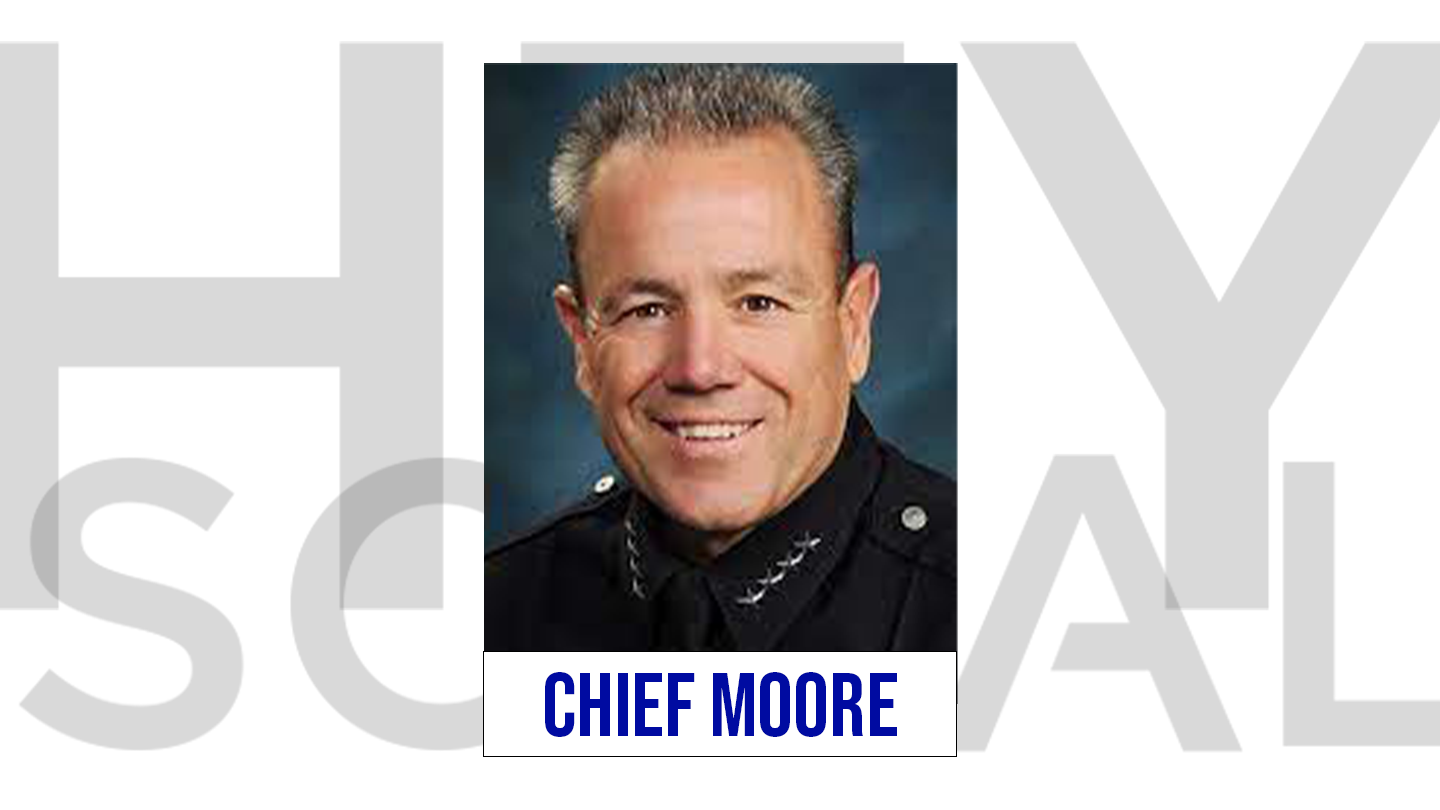LA County maintains that while it shares the goals of the lawsuit, the complaint is not a proper forum to achieve a remedy
A judge Monday heard arguments but made no decision on Los Angeles County’s bid to be dismissed from a lawsuit brought by a coalition of downtown businesses and residents seeking to force the city and county to step up their response to the rising number of homeless encampments on local streets and near freeways.
The county contends in its motion, filed in Los Angeles federal court, that it already spends hundreds of millions of dollars each year on the homelessness crisis and has quickened its pace in recent years. While stating that it shares the goals of the lawsuit lodged last year by the L.A. Alliance for Human Rights, the county maintains that the complaint is not a proper forum to achieve a remedy to the problem.
In a brief hearing conducted via Zoom on Monday, city and county lawyers blamed each other’s sides for not better responding to the crisis on Los Angeles streets. U.S. District Judge David O. Carter did not indicate when he might render a decision, but referenced hearings later this month to discuss binding financial agreements between the city and county to pay for homeless housing, and the specter of “structural racism.”
The city and county are, however, in agreement about hitting pause on Carter’s order last month that all indigent persons in the Skid Row area must be offered shelter within six months.
Calling the judge’s decree “procedurally defective and legally erroneous,” attorneys argued in court papers that the order violates the constitutional separation of powers by usurping the role of local government.
“The district court has disregarded the limits of its power, second- guessed voter-endorsed initiatives, and substituted its judgment for the judgment of elected officials and policy experts, and has created disruption, displacement, and confusion,” according to the emergency motion for a stay pending appeal lodged with the U.S. 9th Circuit Court of Appeals.
Carter’s mandatory order set a timetable for offers of shelter to be made to about 2,000 homeless people living on the streets of Skid Row by October.
The sprawling 50-block area just blocks from Staples Center contains one of the largest populations of indigent people in the nation. Carter wrote in his order that Skid Row was a decades-old byproduct of systemic racism that left Black people — especially Black women — “effectively abandoned on the streets. Such governmental inertia has affected not only Black Angelenos, not only homeless Angelenos, but all Angelenos — of every race, gender identity, and social class.”
Attorney Skip Miller, who represents the county, said in April that the judge’s mandate “not only violates the separation of constitutional powers, it will not solve homelessness in the region and instead lead to criminalizing it, undermining the trust and faith the county has worked long and hard to establish with people living in the streets.”
During more than a dozen federal court hearings, the suit has become bogged down in bureaucratic snarls between the city and county, prompting Carter to deploy the power of the federal court to speed up efforts to get city sidewalks cleared and place homeless people into housing.
L.A. Alliance lawyers have written that Skid Row is a “catastrophe created by the city and county” in which the city long ago adopted a policy of “physical containment” in which the poor, disabled and mentally ill would be “contained” inside the delineated borders of downtown.
A decision by the appeals panel on the motion for a stay pending appeal is expected anytime.
“The deadlines in the injunction have already started running and the county has already had to respond to the district court’s inquiries,” county attorneys wrote. “As set forth in the motion, the county would need to start making fundamental changes to its homeless services and related resources immediately if forced to comply with the terms of the district court’s order.”
In response to the county’s request to stay Carter’s timetable, the judge reiterated his intention to keep the order in place and added new directives and added an admonition that without a global settlement, the housing deadlines would remain in place.

